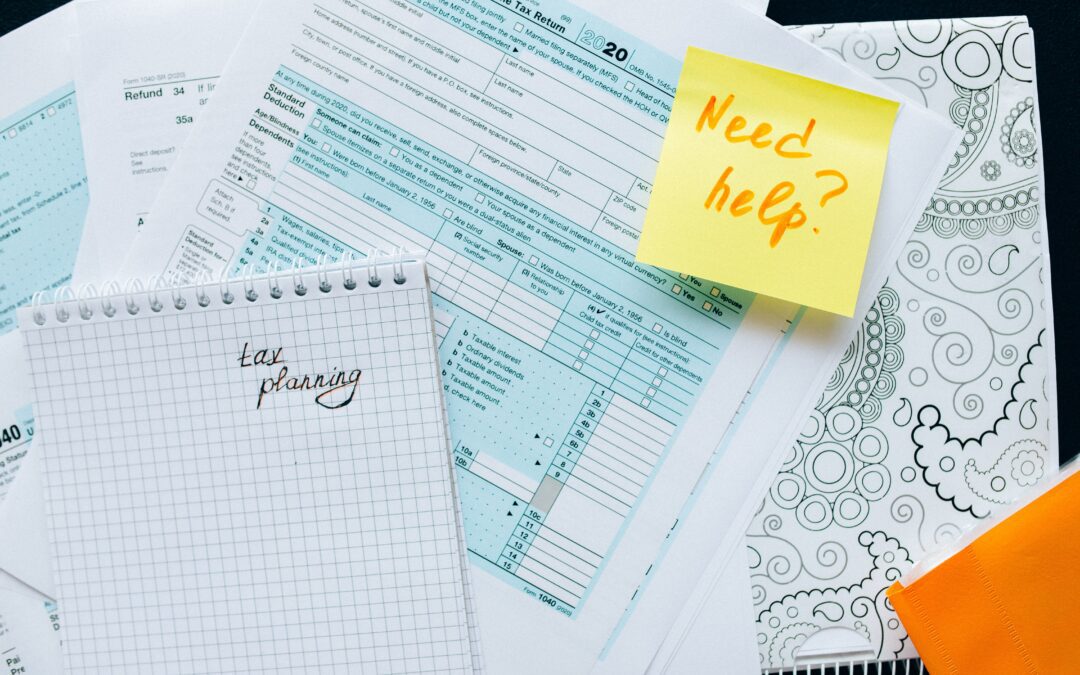Are you part of the dynamic world of freelancers and gig workers? If you are, you’re no stranger to the independence and flexibility that come with this lifestyle. However, it also means taking charge of your financial responsibilities.
Continue reading to explore the realm of tax planning for freelancers and gig workers. This guide will help you navigate through the intricate tax landscape and secure your financial future.
Understanding Your Tax Obligations
Being your own boss means understanding your tax responsibilities. Freelancers and gig workers are often classified as self-employed individuals, which entails self-employment tax in addition to income tax. Understanding the rates of the self-employment tax is essential for effective financial management, as this tax contributes to Social Security and Medicare.
Tax Deductions: Your Lifesaver
Whether it’s home office expenses, equipment, or professional development costs, deductions can significantly reduce your tax burden. Just remember to maintain accurate records and keep receipts as evidence.
Quarterly Estimated Taxes
Unlike traditional employees, who have taxes withheld from their paychecks, self-employed workers must make quarterly estimated tax payments. This proactive approach ensures you won’t face a hefty tax bill at the end of the year. Understanding how to calculate these payments based on your income is pivotal.
Keeping Personal and Business Finances Separate
A common pitfall for freelancers is mixing personal and business finances. Creating a separate bank account for your freelancing income and expenses is a smart move. This not only simplifies tax reporting but also provides clarity for your business’s financial health.
Tax-Advantaged Retirement Accounts
While gig workers don’t have employer-sponsored retirement plans, they can explore options like a Simplified Employee Pension (SEP) IRA or a Solo 401(k). These plans allow you to save for retirement while enjoying tax benefits.
Impeccable Record-Keeping
Maintaining meticulous financial records is the foundation of effective tax planning for freelancers. It ensures you have a clear record of your income, expenses, and deductions, making tax season more manageable.
Seeking Professional Help
Navigating the complexities of tax planning can be overwhelming, particularly for freelancers with diverse income sources. Taking the help of a certified public accountant (CPA) experienced in self-employment tax can make a significant difference. They can offer valuable insights, maximize deductions, and keep you compliant with tax laws.
Staying Informed About Tax Law Changes
Tax laws are subject to change, and you need to stay updated on any revisions that may impact your financial situation. Subscribing to newsletters or participating in online communities for freelancers is an excellent way to stay in the know.
Tax planning for freelancers and gig workers might seem daunting, but it can be manageable with the proper knowledge and approach. Your freelancing journey is unique, and it’s crucial to have a trusted partner who understands your needs.
At MacNeal CPA, we specialize in assisting freelancers and independent contractors in navigating the complexities of taxes. Our team can offer personalized tax planning and financial guidance tailored to your specific situation. Visit our website today to explore our services and discover how we can empower your freelancing journey.

